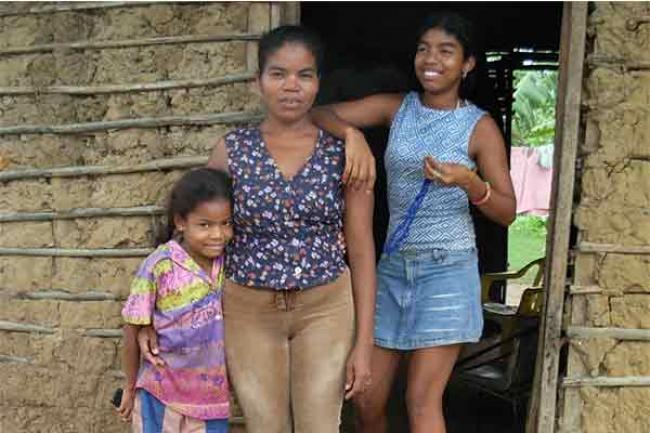Just Earth News 10 Mar 2017, 06:02 pm Print

Kristy Siegfried/IRIN
The violence comes despite a peace agreement signed last Novembers between the Government and the Revolutionary Armed Forces of Colombia or FARC.
“Since the signing of the peace agreement, increased violence by new armed groups has resulted in killings, forced recruitment — including of children — gender-based violence and limited access to education, water and sanitation, as well as movement restrictions and forced displacement of the civilian population,” said William Spindler, the spokesperson for the UN High Commissioner for Refugees (UNHCR).
Speaking to journalists in Geneva, Spindler said that the families most affected are from the Chocó, Cauca, Valle del Cauca and Nariño departments.
About 13 per cent of the 7.4 million internally displaced persons in the country are from the Afro-Colombian communities and indigenous peoples.
The UN refugee agency reiterated the need to ensure that the civilian population has access to protection and assistance.
“At the same time, any eventual returns of IDPs to their areas of origin need to take place in conditions of safety and dignity,” Spindler stressed.
- Pakistan: Police recover two bullet-ridden bodies from Balochistan
- IDF strikes Hezbollah targets in Lebanon after projectile fire toward Northern Israel; 31 killed
- Pakistan: Armed gunmen kidnap 14 workers during coordinated raids in Balochistan
- ISIS-inspired plot foiled in UK: Two men get life sentences for targeting Jewish community
- India rejects allegations, urges Pakistan to tackle its ‘home-grown ills’





-1763561110.jpg)
